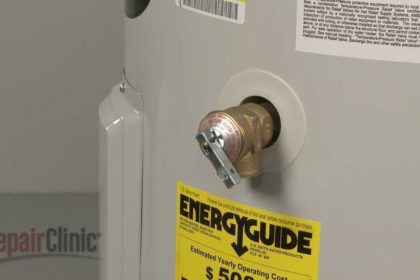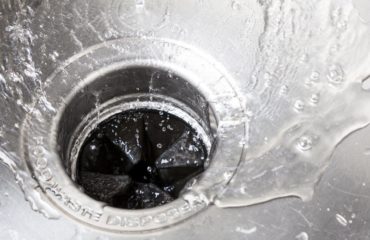
Most people would agree, hot water is important.
What you may not know, is when water is pumped in, dirt and minerals also make their way into your water heater, which makes the heater work harder, and unfortunately, causes it to slowly rust.
It sounds worse than it is. With the right maintenance, your water heater should last about 15
years, and fortunately, it’s not difficult. Here are five things you can do to keep things running smooth and efficiently.
1. To save on energy costs, turn the thermostat down to 120 degrees. For every 10 degrees you lower the temperature, you’ll save approximately 5% in energy.
2. Insulate older units to improve efficiency. This reduces heat loss by up to 45% which could shave an average of 9% off of your water heating costs.
3. Each year test the Temperature and Pressure Relief Valve (TPRV.) This valve prevents excessive pressure and keeps the water heater from exploding. To test the TPRV:
• Turn off the power and cold-water supply valves.
• Place a bucket underneath.
• Lift the valve to let some water out, then let go, if it keeps flowing or dripping, you’ll need to drain the tank partway and install a new valve.
4. Drain 1/4 of the tank a few times a year to remove sediment and debris, (and the heater will
run quieter.) To drain:
• Turn off the electric or gas to extinguish the pilot light.
• Hook up a garden hose to the drain and run water to the exterior or bathtub ten to fifteen minutes. Make sure no other hot fixtures are in use while performing this.
5. Change the Viable Anode Rod about every five years before it fails. Doing this could double the life of your water heater. The rod attracts corrosive elements and keeps them out of the water. However, when the rod itself gets corroded, it can’t do its job and the water heater could rust. (Do not remove it permanently or it will void manufacturers warranties.) There are a couple of options for the type of rod you use.
• A magnesium anode rod protects better but doesn’t last as long.
• Aluminum/zinc rods are cheaper and are recommended for smelly water.
• Be sure to consult a water treatment specialist before purchasing and installing a new rod.



